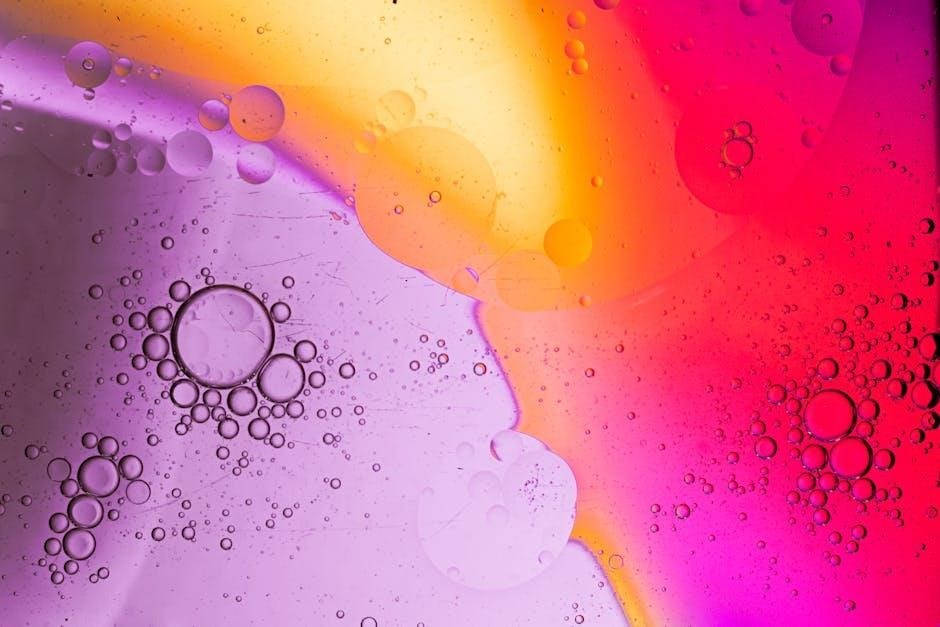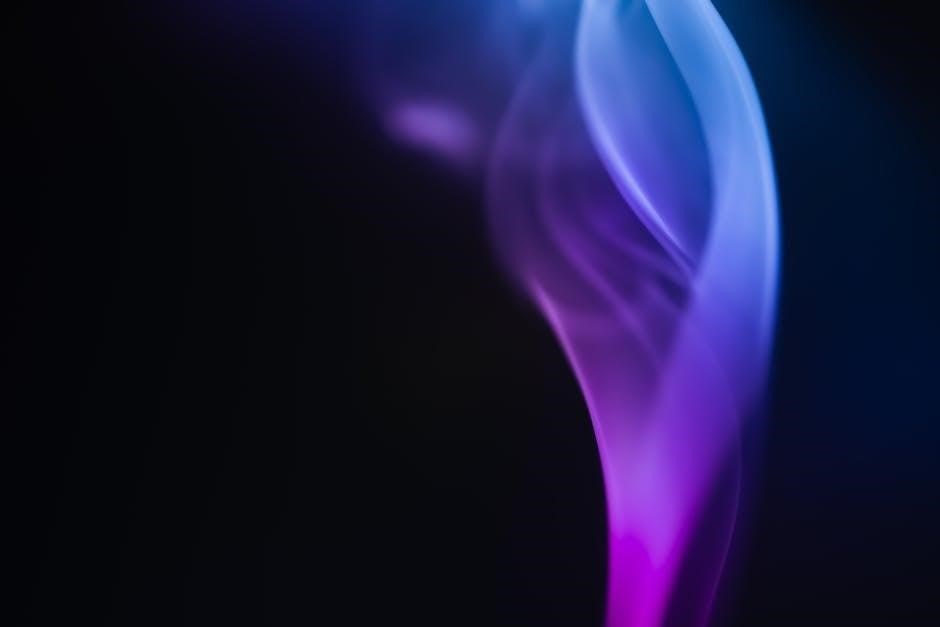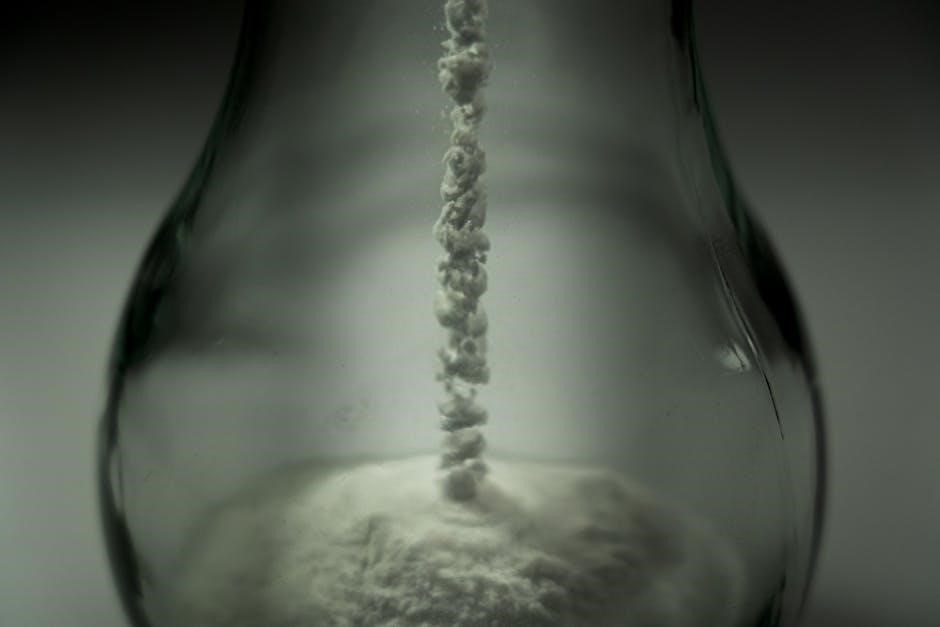Definition of Flow
The concept of flow is defined as an optimal state of intrinsic motivation, where a person is fully immersed in an activity, characterized by great absorption, engagement, and fulfillment. This state is often described as being in the zone or in the groove. According to Mihaly Csikszentmihalyi, flow is a mental state of complete absorption in an activity, where one’s skills and challenges are perfectly balanced. The idea of flow is identical to the feeling of being fully engaged and motivated, with a sense of control and enjoyment. The definition of flow is closely related to the concept of happiness and optimal experience, as it is a state where one’s skills and abilities are utilized to their fullest potential, resulting in a sense of satisfaction and enjoyment. The flow state is a highly desirable and rewarding experience, and understanding its definition is essential to achieving it.
History of the Concept

The concept of flow has a rich history, dating back to the 1970s when Mihaly Csikszentmihalyi first introduced the idea. Csikszentmihalyi, a Hungarian psychologist, was studying happiness and fulfillment, and he discovered that people experienced a unique state of mind when engaged in activities that challenged them and utilized their skills. He published his findings in his book “Beyond Boredom and Anxiety” in 1975, and later in “Flow: The Psychology of Optimal Experience” in 1990. The concept of flow gained popularity and has since been widely researched and applied in various fields, including psychology, education, and sports. The history of the concept is closely tied to Csikszentmihalyi’s work, and his research has had a significant impact on our understanding of human motivation and happiness. The concept of flow has evolved over time, but its core idea remains the same, focusing on the optimal experience and enjoyment of activities.

Key Components of Flow
Key components involve challenge, skills, and focus, with clear goals and feedback, leading to optimal experience and enjoyment, as discussed in flow optimal experience pdf documents online always.
Characteristics of Flow
The characteristics of flow involve a sense of control, concentration, and enjoyment, as discussed in flow optimal experience pdf documents online.
These characteristics are essential for achieving an optimal experience, and they can be applied to various activities, including work, sports, and hobbies, to increase motivation and satisfaction, leading to a more fulfilling life, with a sense of purpose and happiness, as described by Mihaly Csikszentmihalyi, and can be found in flow optimal experience pdf files, which provide detailed information on the topic, and are available for reading and learning, to improve overall well-being and quality of life, by understanding the characteristics of flow and how to apply them, to achieve a better life, with more enjoyment and satisfaction, and a sense of fulfillment, every day.
Factors that Contribute to Flow
Several factors contribute to the experience of flow, including clear goals, immediate feedback, and a balance between challenge and skill, as discussed in flow optimal experience pdf documents.
Additionally, concentration, merging of action and awareness, and a sense of control are also important factors that contribute to flow, allowing individuals to fully engage in an activity and achieve an optimal experience, with a sense of enjoyment and fulfillment, as described in flow optimal experience pdf files, which provide detailed information on the topic, and are available for reading and learning, to improve overall well-being and quality of life, by understanding the factors that contribute to flow, and how to apply them, to achieve a better life, with more enjoyment and satisfaction, and a sense of fulfillment, every day, through various activities and experiences.

Applications of Flow
Applications of flow involve various aspects of life, including work, leisure, and personal growth, as discussed in flow optimal experience pdf documents and online resources always available.
Flow in Everyday Life
Flow in everyday life is a common experience, as people often find themselves fully engaged in activities such as work, hobbies, or sports, with a sense of enjoyment and fulfillment.
According to Mihaly Csikszentmihalyi’s theory, flow experiences can occur in various aspects of life, including daily routines and tasks, as long as they provide a sense of challenge and skill-building opportunities.
Flow optimal experience pdf documents discuss how individuals can cultivate flow in their daily lives by setting clear goals, focusing on the present moment, and developing a sense of autonomy and control over their actions and environment, leading to a more satisfying and meaningful life.
By applying the principles of flow to everyday life, people can increase their overall sense of happiness and well-being, and develop a more positive and optimistic outlook on life, with a greater sense of purpose and direction.
Flow in Sports and Games
Flow in sports and games is a state of complete absorption and engagement, where athletes and players are fully focused on the activity, with a sense of enjoyment and optimal performance.
According to flow optimal experience pdf documents, sports and games provide an ideal environment for flow experiences, as they often involve clear goals, challenges, and feedback, which are essential components of flow.
Many athletes and players report experiencing flow during competition, which enables them to perform at their best and feel a sense of fulfillment and satisfaction.
The flow experience in sports and games can be facilitated by factors such as skill level, challenge, and concentration, and can lead to improved performance, increased motivation, and a greater sense of enjoyment and satisfaction, making the experience more rewarding and memorable for participants.
Importance of Flow
The importance of flow optimal experience cannot be overstated, as it has a significant impact on an individual’s overall well-being and happiness. According to Mihaly Csikszentmihalyi, flow is essential for a fulfilling life, as it allows individuals to engage in activities that bring them joy and satisfaction. The concept of flow has been widely applied in various fields, including psychology, education, and sports, to enhance performance and motivation. By understanding the importance of flow, individuals can take steps to incorporate more flow-inducing activities into their daily lives, leading to a more optimal experience. This can be achieved by setting clear goals, providing feedback, and creating an environment that fosters concentration and engagement. With the availability of flow optimal experience pdf resources, individuals can learn more about this concept and its applications, and start experiencing the benefits of flow in their own lives, leading to greater happiness and fulfillment always.
Future Directions

Future research on flow optimal experience is expected to explore new applications and technologies that can enhance the flow experience. The availability of flow optimal experience pdf resources will continue to play a crucial role in disseminating knowledge on this topic. As technology advances, new tools and platforms will be developed to help individuals achieve flow states, such as virtual reality and artificial intelligence. Additionally, the concept of flow will be applied to new domains, including healthcare and education, to improve outcomes and performance. The study of flow will also become more interdisciplinary, incorporating insights from psychology, neuroscience, and philosophy. By pursuing these future directions, researchers and practitioners can unlock the full potential of flow optimal experience, leading to greater human flourishing and well-being, and providing new opportunities for personal growth and development, as discussed in various flow optimal experience pdf documents and research papers always.